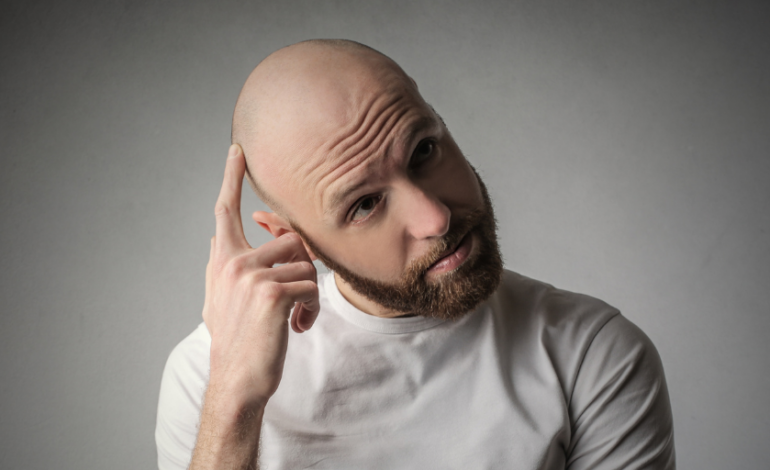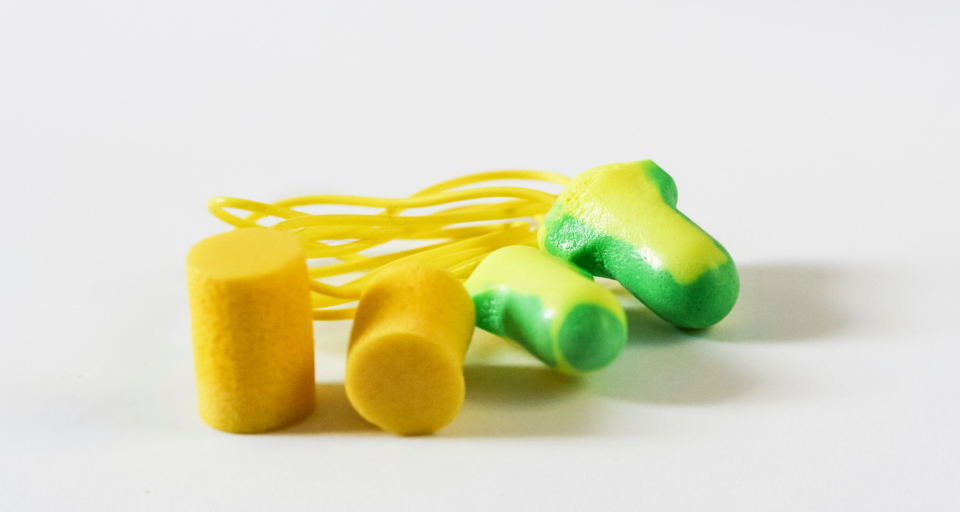Does Sleep Affect Your Weight Loss Goals?

Can a good night’s sleep help you lose weight? The answer may surprise you. Studies have found that getting enough quality sleep may be just as important to your weight loss goals as diet and exercise. Are you trying to lose weight but struggling to see results? Have you considered the role of sleep in weight loss? It may sound surprising, but getting enough sleep is an essential part of any successful health and wellness journey — and it can be a major game-changer when it comes to weight loss. In this blog post, we’ll explore how sleep affects your weight loss goals, why it’s important, and how you can get more restful shut-eye. Read on to learn how the right amount of shut-eye can actually help you shed those extra pounds — without sacrificing any hard work.
Understand How Sleep Impacts Your Body Weight
The relationship between poor quality sleep and weight gain is complicated, but the evidence suggests that a lack of good sleep can lead to an increase in appetite and cravings, as well as changes in how your body processes energy. Specifically, not getting enough sleep can reduce leptin, a hormone that signals fullness, and increase ghrelin, a hormone that increases hunger. As such it’s critical to get enough quality sleep each night if you’re trying to reach your weight loss goals.
Getting enough quality sleep is essential for maintaining a healthy weight because it helps to regulate hormones that control hunger and fullness. When you don’t get enough sleep, your body produces more of the hormone ghrelin, which increases appetite, as it was said, and less of the hormone leptin, which tells your brain when you’re full. This can lead to overeating and increased cravings for unhealthy foods. In addition, lack of sleep causes your body to produce more cortisol, a stress hormone that has been linked to increased belly fat. So if you’re trying to lose weight, be sure to get plenty of rest!
The Relationship Between Sleep and Weight Loss
It’s no secret that when you don’t get enough sleep, you’re more likely to make poor food choices and have less energy to exercise. But, did you know that lack of sleep can also lead to weight gain?
Studies show that people who don’t get enough sleep are more likely to be overweight or obese. One reason for this is that when you’re tired, you have less self-control and are more likely to indulge in unhealthy foods. Another reason is that lack of sleep can lead to an increase in the hormone ghrelin, which promotes hunger.
So, if you’re trying to lose weight, it’s important to make sure you’re getting enough sleep. Aim for 7-8 hours per night and create a bedtime routine that will help you wind down and relax before bed.
Establish a Healthy Sleep Routine
Most people need around eight hours of sleep per night. If you’re not getting enough sleep, your body may hold onto extra fat and calories. This is because when you’re tired, your body craves energy-dense foods that will give you a quick boost. Not only that, but when you don’t get enough sleep, your hormones become imbalanced. This can increase your appetite and make you crave unhealthy foods.
So if you want to lose weight, it’s important to establish a healthy sleep routine. Go to bed at the same time each night and wake up at the same time each morning. Avoid caffeine and alcohol before bed (at all), and create a relaxing bedtime routine that will help you fall asleep quickly.
Establishing a consistent and healthy sleep routine is crucial for your weight loss efforts. Going to bed and waking up at the same time each day helps set your internal circadian rhythm, which is responsible for maintaining regular periods of wakefulness and rest.
Additionally, avoiding too much stimulation in the evening before bedtime can help make it easier to fall asleep, avoid interruption during the night and maintain quality sleep. To improve your sleep habits even further, try to keep electronics like phones out of the bedroom as they can also interfere with falling asleep.
Avoid Eating Late at Night to Improve Sleep Quality
Recent studies have shown that late-night eating can disrupt your sleep, which can then lead to weight gain. When you don’t get enough sleep, your body produces more of the hormone cortisol. This hormone is associated with increased appetite and cravings for sugary and fatty foods. So, if you’re looking to improve your sleep quality and lose weight, it’s best to avoid eating late at night. To avoid this cycle of poor sleep and weight gain, aim to finish your dinner a few hours before bedtime so that your body has time to digest before heading to bed.
Eating close to bedtime can disrupt your sleep quality and make it harder for you to get the restful, deep sleep necessary for weight loss. When we eat a large meal late at night, our bodies are more likely to produce more insulin, which makes us feel weighed down and lethargic as opposed to alert and energized during the day. Additionally, eating later in the evening causes an unnatural spike of energy that your body wasn’t prepared for during its regular circadian rhythm cycle. To ensure your body is able to get all the restful sleep needed to refuel and help with weight loss efforts, try avoiding eating after 7 PM if possible.
Consider Adding Exercise to Your Sleep Routine
Exercise is another excellent way to help your body regulate its circadian clock and prepare for restful sleep. Adding some exercise to your daily routine can help you fall asleep more quickly and sleep more soundly. There are a number of exercises unique to helping your body transition into sleep mode, such as yoga, tai chi and mindfulness exercises. If you can’t manage to do any structured exercise in the evening, try enjoying a relaxing walk or simple stretching routine just before bedtime. This will help your body relax after the day’s activities and ease you into a more restful state in time for sleep.
There are a few things to keep in mind when adding exercise to your sleep routine. First, it’s important to not exercise too close to bedtime as this can make it harder to fall asleep. Second, moderate-intensity aerobic exercise is best – think a brisk walk or light jog. And finally, aim for at least 30 minutes of exercise each day.
If you’re not used to exercising regularly, start slow and gradually increase the intensity and duration of your workouts. And be sure to listen to your body – if you’re feeling exhausted, cut back on the intensity or duration of your workout. Over time, you should find that adding exercise to your sleep routine helps you sleep better and feel more rested during the day.
Create a Positive Sleep Environment for Successful Weight Loss
To make sure you get enough shut-eye, create a positive sleep environment. Start by making sure your bedroom is dark, quiet, and cool. Consider investing in blackout curtains or an eye mask to block out light. And if noise is an issue, try using a white noise machine or earplugs. You should also aim to keep your bedroom at a comfortable temperature—between 60 and 67 degrees Fahrenheit is ideal. Finally, make sure your mattress and pillows are comfortable to help you drift off to dreamland.
Creating an inviting sleep environment can play a huge role in how well you really rest. Make sure your bedroom is as dark and quiet as possible, as both light and sound disruption can impair the quality of your sleep. Adjusting the temperature in the room can also be surprisingly effective in dealing with insomnia – too warm or too cold a temperature can make getting to sleep difficult. Make sure not to forget about the comfort factor, either – if you don’t feel comfortable when laying down (especially on an old mattress), it’s certainly going to affect how quickly you doze off!
Warning: this article does not constitute medical advice. The article contains the author’s personal opinion and personal conclusions and observations. If you have problems with sleep or are interested in other issues related to it, it is better to consult your doctor.









